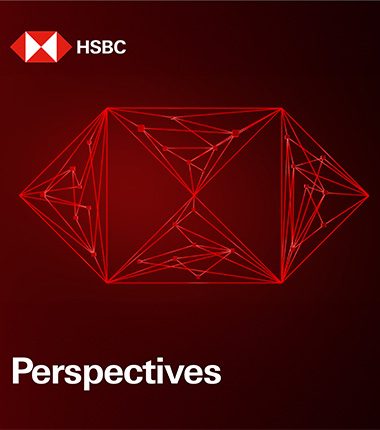
Gulf-Asia corridor: The $578bn economic powerhouse reshaping glob...
Article

In this period of geopolitical change and uncertainty, the financial sector has an important role t...











Subscribe to Perspectives, our new podcast series exploring the trends shaping the global investment landscape with special guests. Make sure you’re subscribed to HSBC Global Viewpoint to stay connected with our latest episodes.




For more information, please contact your HSBC representative.